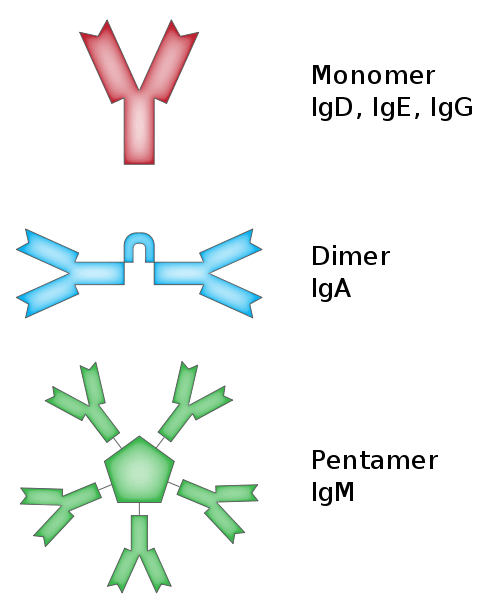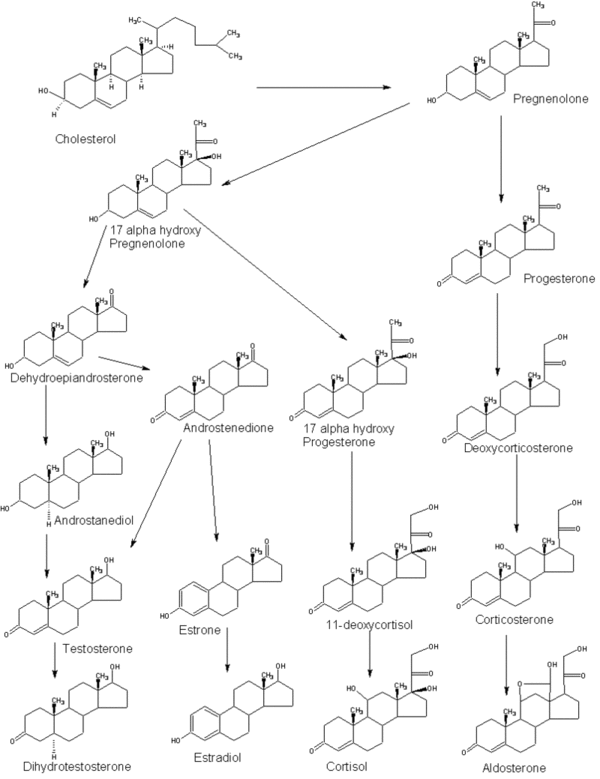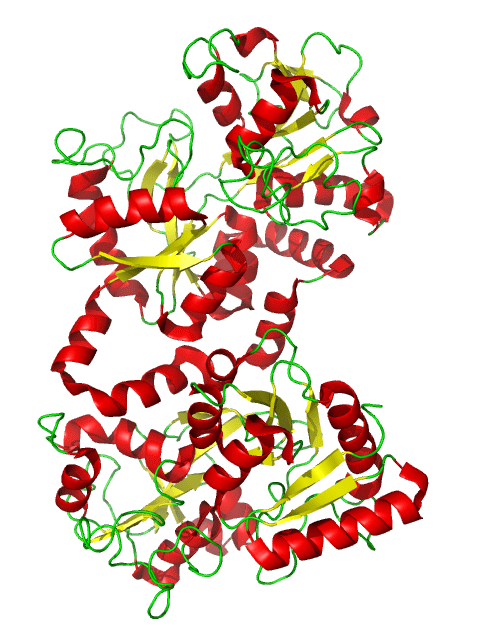Colostrum contains an incredible variety of different ingredients with immunogenic effects. This variety of immune competence is unique to any food.
Of greatest interest are the numerous immune factors. These are bioactive substances which can directly influence immunological processes: antibodies (= immunoglobulins), growth factors, hormones and cytokines. Of course colostrum also contains various vitamins, enzymes and minerals as well as all amino acids. This perfect wholesomeness must be preserved in its natural composition and quality because whole colostrum is far more than the sum of the individual substances. There's in interesting paper on this topic published by Aejin Lee et al. which you can read in the scientific section of the colostrum studies. In the following we would like to briefly introduce you to the most important immune factors.


